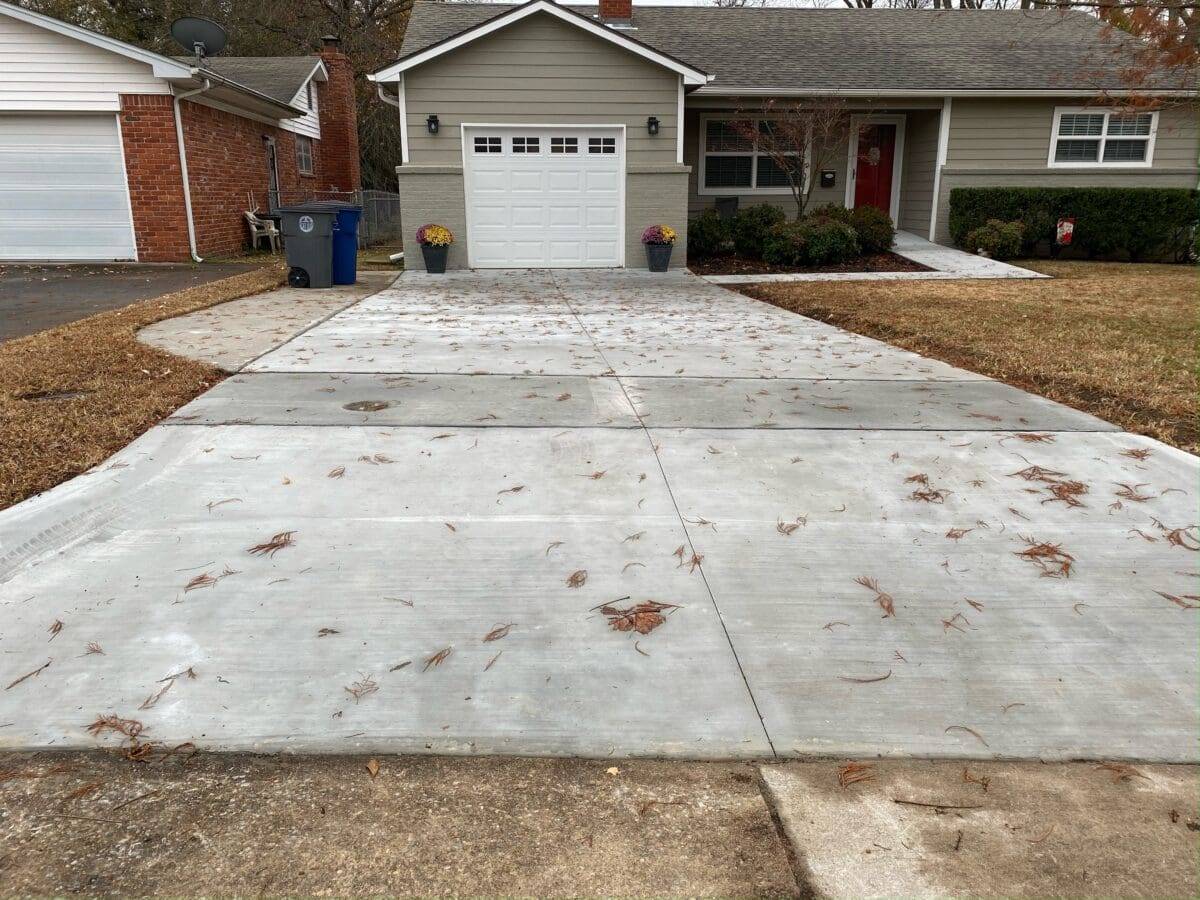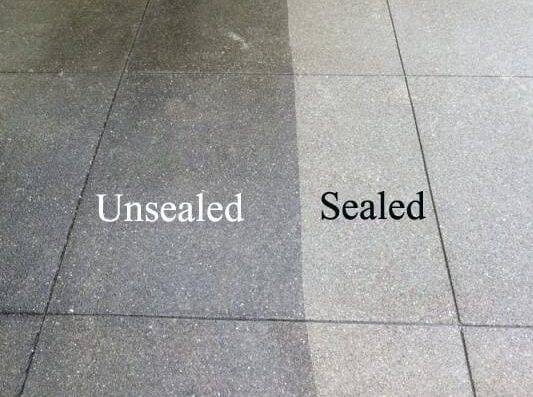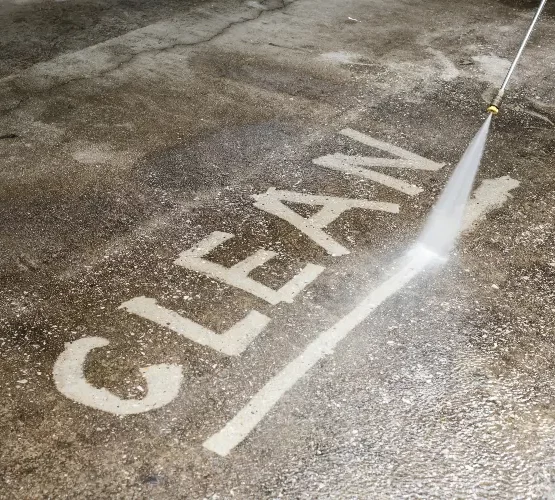Concrete driveways are a popular choice for homeowners due to their durability and aesthetic appeal. However, like any other construction material, concrete driveways have a finite lifespan. In this blog, we will explore the factors that influence the longevity of concrete driveways and provide valuable maintenance tips to help extend their lifespan.

Factors Affecting Concrete Driveway Lifespan
- Quality of Construction: The lifespan of a concrete driveway greatly depends on the quality of its construction. Proper preparation of the subbase, adequate reinforcement, and correct concrete mix design are essential to ensure longevity. Driveways built with high-quality materials and skilled craftsmanship tend to last longer.
- Climate and Weather Conditions: The climate in your region can significantly impact the lifespan of your concrete driveway. Extreme temperature fluctuations, freeze-thaw cycles, heavy rainfall, and exposure to harsh UV rays can cause concrete to deteriorate more rapidly.
- Proper Drainage: Adequate drainage is crucial for concrete driveway longevity. Poor drainage can lead to water pooling and erosion underneath the driveway, which can weaken the concrete over time.
- Traffic Load: The amount and type of traffic your driveway receives play a significant role in its lifespan. Heavier vehicles and frequent traffic can put more stress on the concrete, potentially leading to premature wear and tear.
- Sealing and Maintenance: Regular maintenance and sealing can significantly extend the life of a concrete driveway. Sealing helps protect the surface from water penetration, stains, and UV damage. Routine maintenance, such as cleaning and crack repairs, prevents small issues from turning into major problems.
Concrete Driveway Lifespan Estimates
On average, a well-constructed and properly maintained concrete driveway can last anywhere from 20 to 40 years or more. However, it’s essential to keep in mind that the actual lifespan can vary widely based on the factors mentioned above.
Maintenance Tips to Extend Concrete Driveway Lifespan
- Sealing: Apply a high-quality concrete sealer every 2-5 years to protect the surface from moisture, stains, and UV damage. Sealing helps maintain the driveway’s appearance and prevents premature cracking.

- Regular Cleaning: Remove debris, leaves, and dirt from the driveway regularly to prevent surface wear and staining. Use a broom or a pressure washer for efficient cleaning.

- Fix Cracks Promptly: Repair any cracks or damage as soon as they appear. Small cracks can quickly become larger if left untreated, leading to more extensive repairs or even replacement.

- Proper Drainage: Ensure that your driveway has proper drainage to prevent water from pooling and eroding the subbase. Add drainage channels or slopes as needed.

- Limit Heavy Loads: Minimize heavy vehicle traffic and avoid parking large trucks or RVs on your concrete driveway whenever possible.

Conclusion
Concrete driveways can provide decades of reliable service when properly constructed and maintained. By understanding the factors that influence their lifespan and following the maintenance tips provided, homeowners can ensure their concrete driveways remain functional and visually appealing for many years to come. Investing in quality construction and regular care can be a cost-effective way to extend the life of your driveway and enhance your property’s curb appeal.





